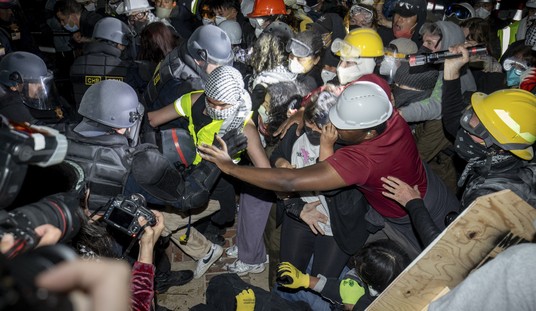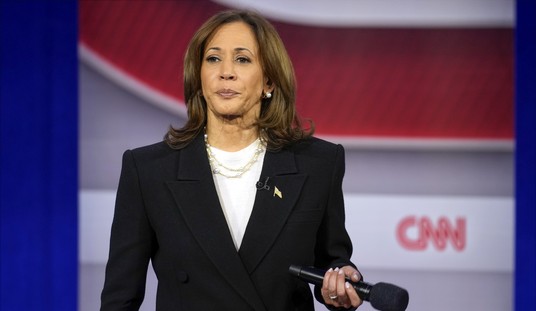The Children Online Protection Act died today at the Supreme Court after an application for certiorari was denied without comment by the full court. The Bush administration had appealed an earlier ruling by the courts that ruled COPA an unconstitutional infringement on free speech for requiring American porn providers to impose a method of ensuring children did not access their sites. Civil libertarians also argued that the law was as ineffective as it was unconstitutional, as it only applied to sites hosted in the US:
A 13-year legal drive to shield children from pornography on the Internet ended in defeat today when the Supreme Court let the Child Online Protection Act die quietly.
The measure, which never went into effect, made it a crime to put sexually explicit material on a website for commercial gain unless the sponsor used some means, such as requiring a credit card, to keep out minors.
It was repeatedly blocked from taking effect on free-speech grounds by judges, including by the Supreme Court in 2004. The justices had also voided an earlier, even broader law passed in 1996 that prohibited “indecency” on the Web.
The outcome preserves the Web as a wide-open forum for free expression. It also leaves to parents the duty to install software filters if they wish to block pornography on their home computers.
COPA never made much sense, even if it was a bipartisan effort at controlling porn on the Internet. Most commercial providers would need a credit-card threshold anyway, if they planned on making money from the enterprise. COPA’s only real effect would have been to drive such enterprises overseas, where COPA would not apply.
Also, COPA didn’t apply to non-commercial porn, which meant than anyone posting it for free (for instance, blogs) would not have to impose such protections. That means that parents would still have to exercise some supervision over the surfing habits of their children, regardless of COPA. That’s where the responsibility properly rests.








Join the conversation as a VIP Member